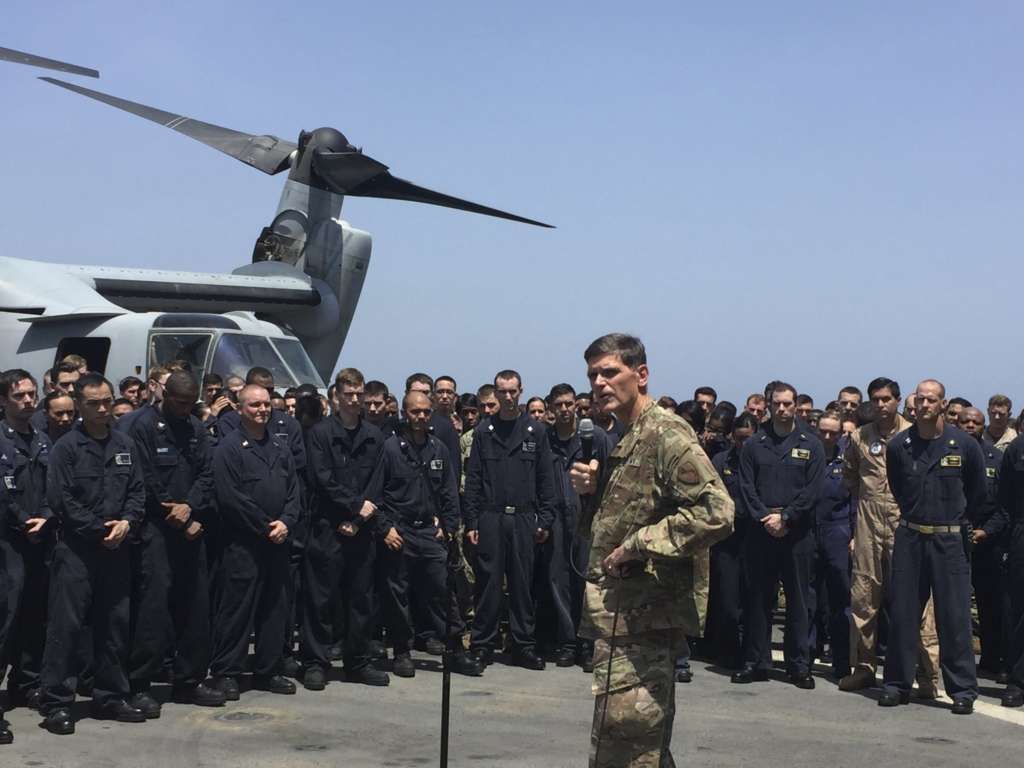London-Army General Joseph Votel has said that the U.S. military is weighing an increase in its presence in Yemen to better challenge al-Qaeda in the Arabian Peninsula.
Votel was asked in an interview about the fate of one of the world’s most feared bomb makers, Ibrahim Hassan al-Asiri.
Asked if Asiri was believed to still be alive and in Yemen, the general said: “To my knowledge, he still is.”
Votel, who oversees American troops in the region, said that a variety of locations could be suitable for American forces but did not disclose potential sites or suggest a recommendation was imminent.
“We want to be able to work within a very secure environment to focus on the very (particular) mission we have there – which is principally focused on al-Qaeda in the Arabian Peninsula (AQAP),” he told Reuters, speaking in Baghdad. “We will try to posture the force where we can best do that.”
Votel acknowledged the benefits of gaining greater visibility in Yemen and said a key goal would be working with U.S. partners there.
“If we can continue to better understand what al-Qaeda’s doing, regain the situational awareness that we lost when we all had to depart Yemen here some time ago, that’s what I’m interested in doing,” Votel said.
Despite significant U.S. strikes, including one that killed AQAP’s leader last year, U.S. counter-terrorism efforts have been undermined by Yemen’s civil war, pitting government forces against Iran-backed Houthis.
The war weakened the Houthis, but in the resulting turmoil AQAP swept across the eastern side of the country, seizing more land than it had ever held and raising tens of millions of dollars from running Mukalla, the country’s third largest port.
Only a very small number of American troops have returned to Yemen since they pulled out in early 2015 due to the conflict. That small team was sent to provide intelligence support to a successful April push orchestrated by the United Arab Emirates, with support from Saudi Arabia, that ejected AQAP from Mukalla.
